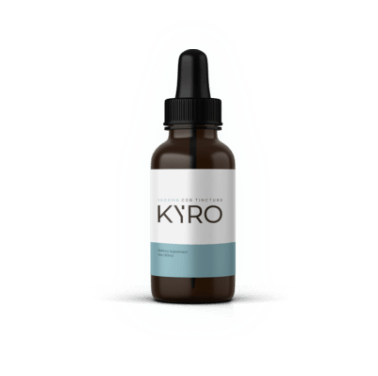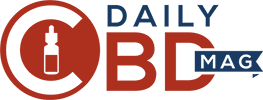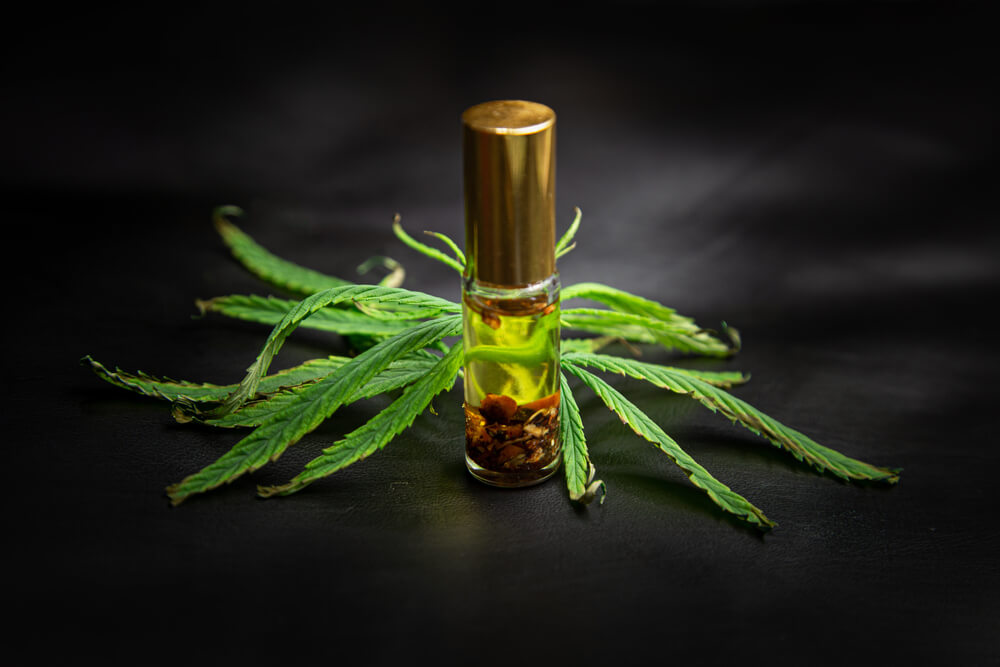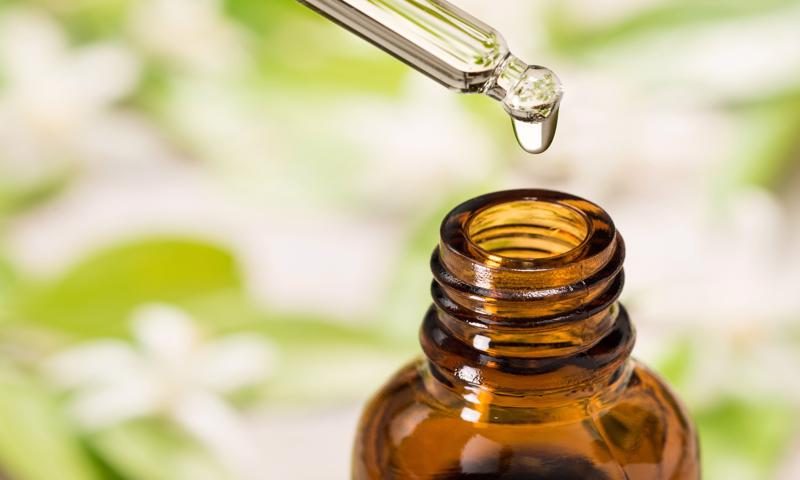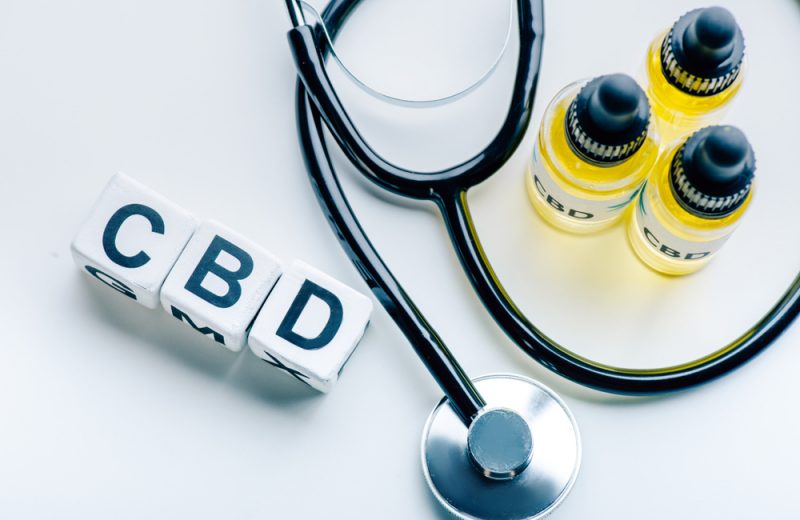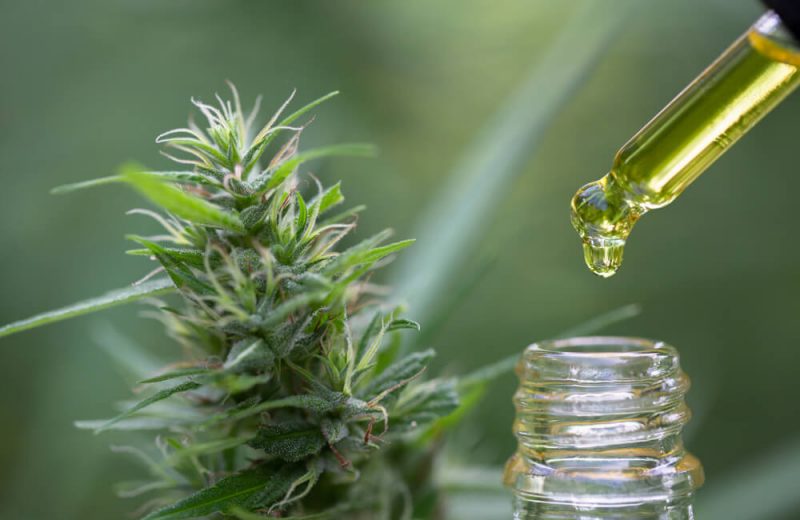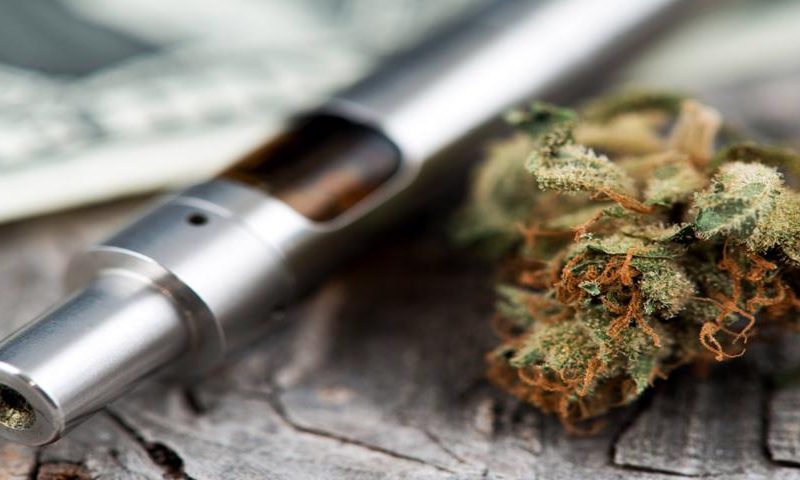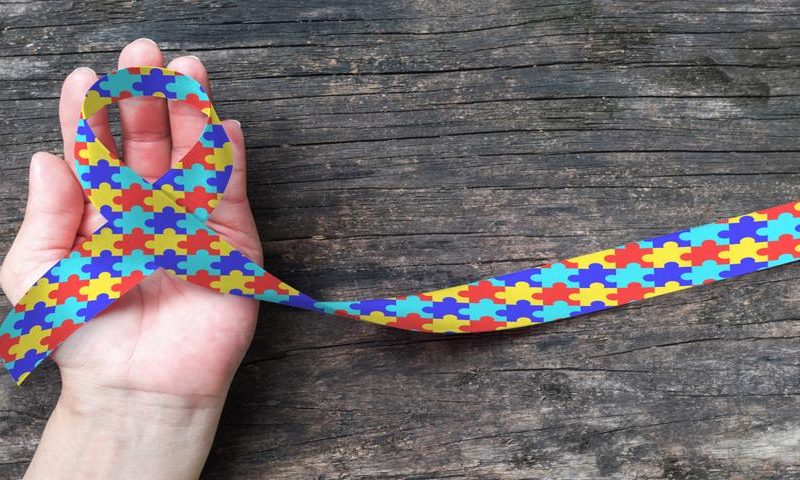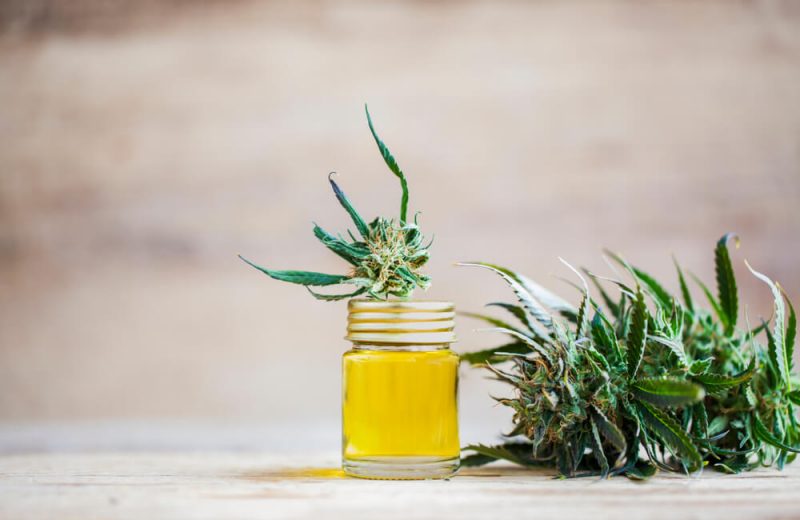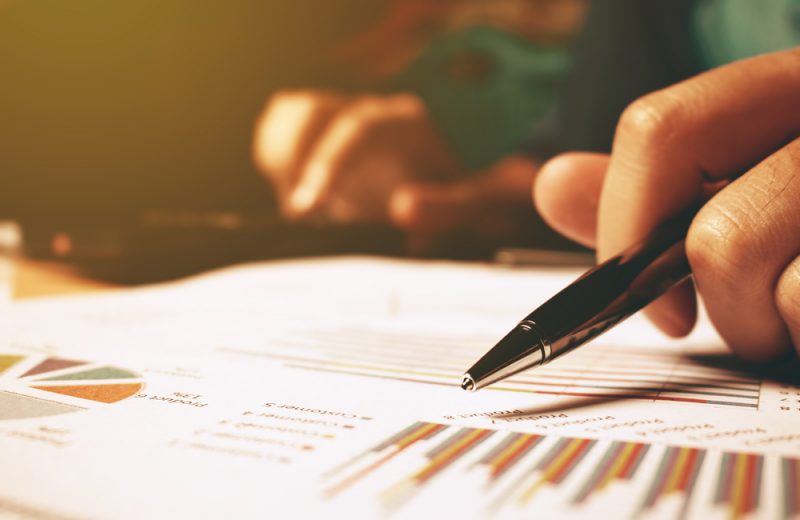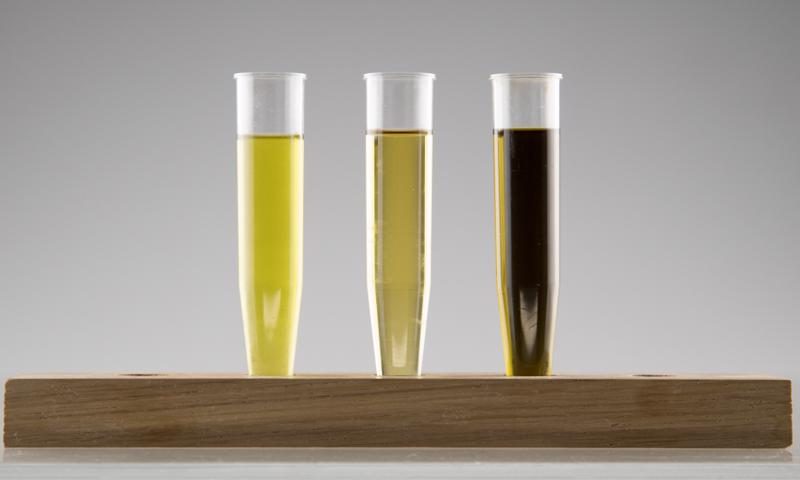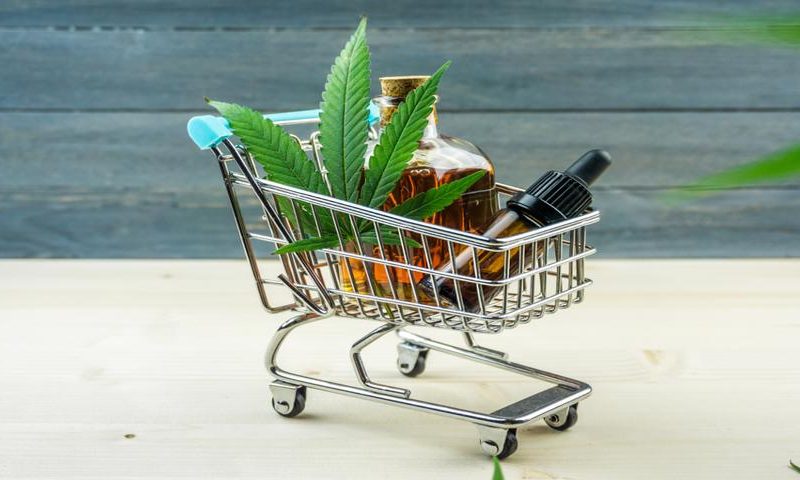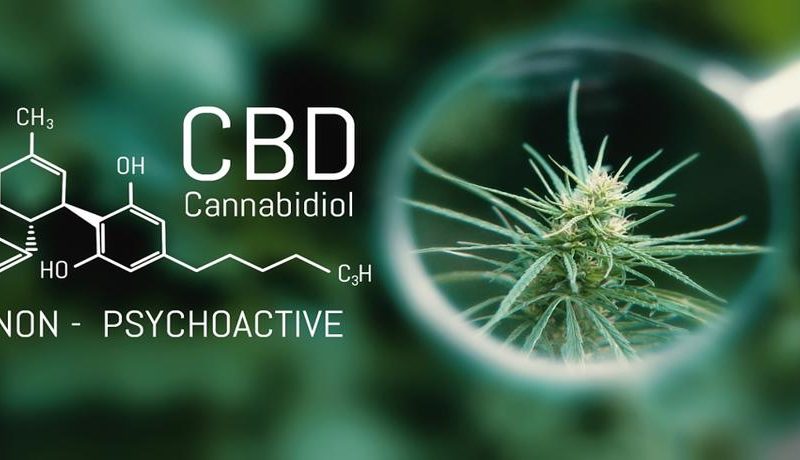When it comes to CBD, the dosage is very important; the accuracy of a CBD product’s dosage allows the consumer to choose the right product to effectively alleviate their symptoms. However, a recent report discovered that 27% of leading CBD products did not contain the dosages that were on the labels. It’s a number that’s improved over the last few months, but there is still a lot of room for improvement.
A study conducted by Leaf Report analyzed 37 of the most popular CBD brands and products, testing them for cannabinoid potency. Around 27% showed variances in potency, to a degree that would not be acceptable to state or federal regulators. The good news is, 73% of the products were accurate. Researchers concluded that CBD labeling is overall reliable.
Despite the inconsistencies, the report reflects a positive outlook for the future of the CBD industry. Researchers were surprised by the overall label accuracy of the leading brands in the CBD market.
No FDA Oversight for CBD Products
Currently, CBD is unregulated by the FDA, and main manufacturers are responsible for accurately labeling their products. Furthermore, manufacturers are also responsible for ensuring that their products are safe. While these are problems facing any emerging industry, these hurdles make it hard for small businesses, and there are many small CBD companies, to comply with.
Without FDA regulation, it’s important for CBD users to carefully research the products before they purchase. Anyone interested in using a CBD product should do their research to find the brands they can trust. A brand’s website should have the data that ensures product potency and safety, such as testing by a third-party lab.
Third-party Testing vs Third-party Certification
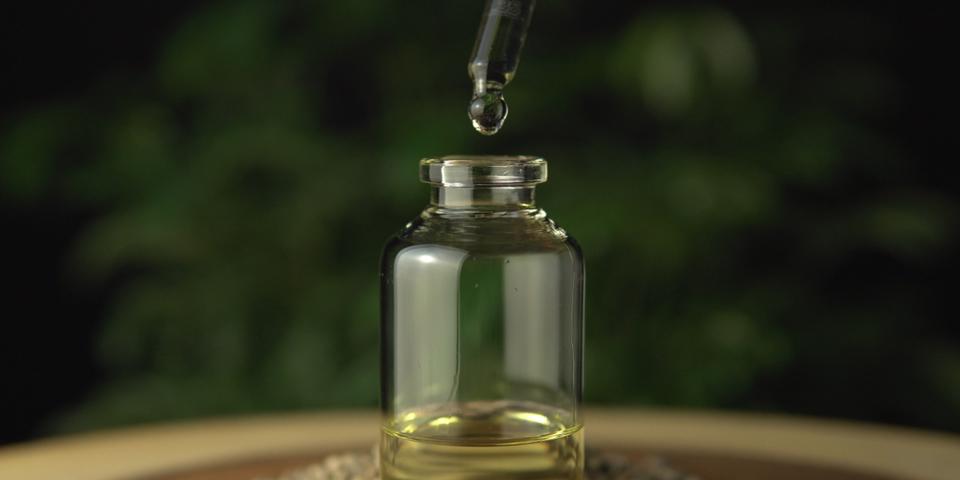
Third-party testing is testing performed by a third-party accredited laboratory that has been accredited by the US Consumer Product Safety Commission to perform specific tests. In the case of CBD products, the typical tests are to ensure the products are free of pesticides or solvents, as well as for potency, THC levels.
On the other hand, third-party certification means that an independent organization has reviewed the product’s manufacturing process and has determined that the product complies with specific standards for quality, safety, or performance. The National Sanitation Foundation, or NSF, is one such third-party certification organization. The NSF is widely recognized by local, state, federal, and international regulatory agencies.
If a product is third-party tested or certified, that provides an elevated level of assurance that the information on the label is accurate. It also ensures product safety; when it comes to CBD products, ensuring that the product is free of pesticides and heavy metals is important. If you must submit to drug testing, ensuring that the level of THC is very low, or non-existent, is also very important.
How Third-party Testing is Conducted
A CBD manufacturer will regularly send samples of their product to a third-party testing laboratory. Typically, a manufacturer will send a sample from each batch it produces. Then the lab will run its own tests and provide the results to the CBD company.
Third-party testing is not expensive, and there is no excuse for a CBD company not to third-party tests. Typically, comprehensive testing costs between $100-300, which is a very small price to pay for consumer trust and confidence.
The goal of the consumer is to find a CBD brand that appeals to you at a good price, and then to do your research. A company that has its products third-party tested should state so on the label. Often, the results of the tests can be requested. CBD is a very healthy alternative treatment for many ailments, and while the products are not regulated by the FDA, most are safe and accurately labeled.

